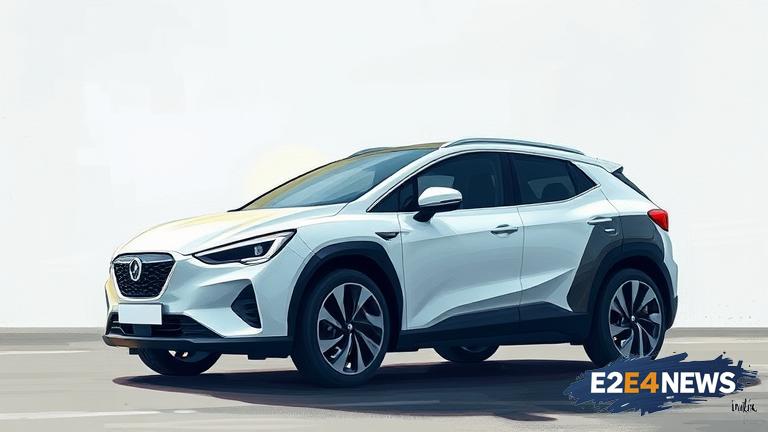The Indian government has announced a comprehensive plan to promote the adoption of electric vehicles (EVs) in the country. The plan includes a range of incentives and initiatives aimed at encouraging the use of EVs, reducing greenhouse gas emissions, and improving air quality. According to reports, the government plans to offer subsidies to EV manufacturers, as well as to consumers who purchase EVs. The subsidies are expected to be in the form of tax exemptions, reduced registration fees, and other benefits. Additionally, the government plans to invest in the development of EV charging infrastructure, including the installation of charging stations along highways and in urban areas. The plan also includes measures to promote the use of EVs in public transportation, such as buses and taxis. The government has set a target of having at least 30% of all new vehicle sales be electric by 2030. To achieve this goal, the government plans to work with state governments, industry stakeholders, and other organizations to create a supportive ecosystem for EVs. The plan also includes initiatives to promote research and development in the field of EVs, as well as to provide training and education to workers in the industry. The government believes that the adoption of EVs will not only help to reduce pollution and greenhouse gas emissions but also create new job opportunities and stimulate economic growth. The plan has been welcomed by industry stakeholders, who believe that it will help to create a level playing field for EV manufacturers and encourage more consumers to switch to EVs. However, some experts have raised concerns about the feasibility of the plan, citing the need for significant investment in infrastructure and the potential for disruptions to the existing automotive industry. Despite these challenges, the government remains committed to its goal of promoting the adoption of EVs and reducing the country’s dependence on fossil fuels. The plan is part of a broader effort by the government to reduce greenhouse gas emissions and mitigate the impacts of climate change. India has set a target of reducing its carbon emissions by 33-35% by 2030, and the adoption of EVs is seen as a key strategy for achieving this goal. The government has also announced plans to increase the use of renewable energy sources, such as solar and wind power, and to promote energy efficiency in buildings and industry. The plan to promote EVs is expected to have a positive impact on the environment, as well as on the economy. It is expected to create new job opportunities in the EV industry, as well as to stimulate investment in infrastructure and technology. The government has also announced plans to establish a national EV policy, which will provide a framework for the development of the EV industry and ensure that it is aligned with the country’s overall economic and environmental goals. The policy will include measures to promote the use of EVs, as well as to regulate the industry and ensure that it is safe and sustainable. Overall, the plan to promote EVs is an important step towards reducing India’s dependence on fossil fuels and mitigating the impacts of climate change. It is expected to have a positive impact on the environment, as well as on the economy, and to create new opportunities for industry stakeholders and consumers alike. The government’s commitment to promoting EVs is a significant development, and it is expected to have far-reaching consequences for the country’s energy and transportation sectors. As the world’s third-largest emitter of greenhouse gases, India has a critical role to play in reducing global emissions and mitigating the impacts of climate change. The adoption of EVs is seen as a key strategy for achieving this goal, and the government’s plan is an important step towards making this vision a reality. The plan is also expected to have a positive impact on public health, as EVs produce zero tailpipe emissions and can help to reduce air pollution in urban areas. Additionally, the plan is expected to create new opportunities for industry stakeholders, including manufacturers, suppliers, and service providers. The government’s commitment to promoting EVs is a significant development, and it is expected to have far-reaching consequences for the country’s energy and transportation sectors.
